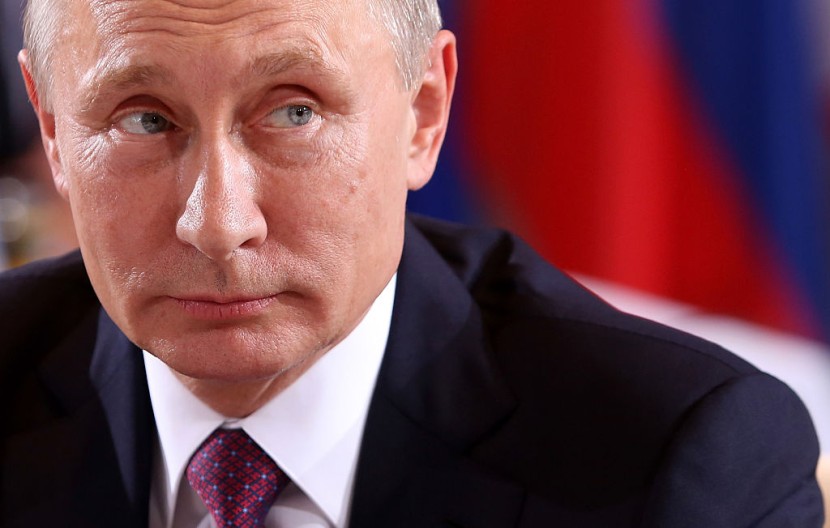
Russian authorities have sanctioned 54 British nationals and people who work for UK organizations from entering its territory as part of its retaliatory efforts against UK sanctions on its citizens.
The people banned from entering Russia include Culture Secretary Lucy Frazer and International Criminal Court (ICC) Chief Prosecutor Karim Khan. Several journalists who work for BBC, the Daily Telegraph, and The Guardian have also been banned from entering Russia.
Russia Issues Sanctions to UK Politicians, Journalists
The BBC said it would continue to report independently and fairly despite the sanctions against its employees. The Russian Foreign Ministry said that the decision was made in response to London's aggressive implementation of a hostile anti-Russian course.
The sanctions affected Frazer for allegedly lobbying for the international sports isolation of Russia. Officials also said that Ministry of State for Defense Annabel Goldie was accused of being responsible for supplying weapons to Ukraine, as per BBC.
The situation comes after the ICC in March issued an arrest warrant for Russian President Vladimir Putin. The court accused the Russian strongman of the war crime of illegally deporting children from Ukraine, an allegation that Moscow has vehemently denied.
Khan previously told BBC that children cannot be treated as the spoils of war and should not be deported from their home country. The journalists that work for BBC that are part of the people who Russia sanctioned include chief executive Deborah Turness, presenter and analysis editor Ros Atkins, and disinformation and social media correspondent Marinna Spring.
In a statement, the Russian Foreign Ministry said it would work on growing the number of people on its "stop list." Moscow officials have banned several British journalists, defense personnel, and hundreds of elected British MPs.
The sanctions against Khan come as Russia is not a member of the ICC, and Moscow authorities have argued that the arrest warrant against Putin is "void." According to WION News, the criminal court said in May that it was undeterred by Russia's decision to include the chief prosecutor in the wanted list over the issuance of the arrest warrant.
Read Also : Russia Destroys Ukranian Drones After Hitting Building in Moscow, Disrupting Air Traffic
Free and Fair Press
A spokesperson for The Guardian noted that in Russia's decision to ban the outlet's journalists and executives, Moscow's government essentially demonstrates its disregard for a free and fair press, arguing that Guardian journalism is highly trusted globally.
A previous wave of Russian bans included the editor-in-chief of The Guardian, Katharine Viner, and other editors-in-chief of several media outlets, including the Times and the Daily Mail. Additionally, Russia has cracked down on local and international independent news outlets since its war on Ukraine began on Feb. 24, 2022.
Soon after, Russian officials issued legislation that criminalized media outlets that disseminated "false information" regarding Moscow's military. Russia arrested Evan Gershkovich, a Russian correspondent for the Wall Street Journal (WSJ), in March, for alleged espionage.
Gerskovich became the first United States journalist detained in Russia on such charges since the Cold War. The correspondent has been held in the notorious Lefortovo prison, and he, along with the WSJ and the American government, has denied the charges, said The Guardian.
Related Article: ECOWAS Announces 'D-Day': Set to Restore Niger to Democratic Rule








